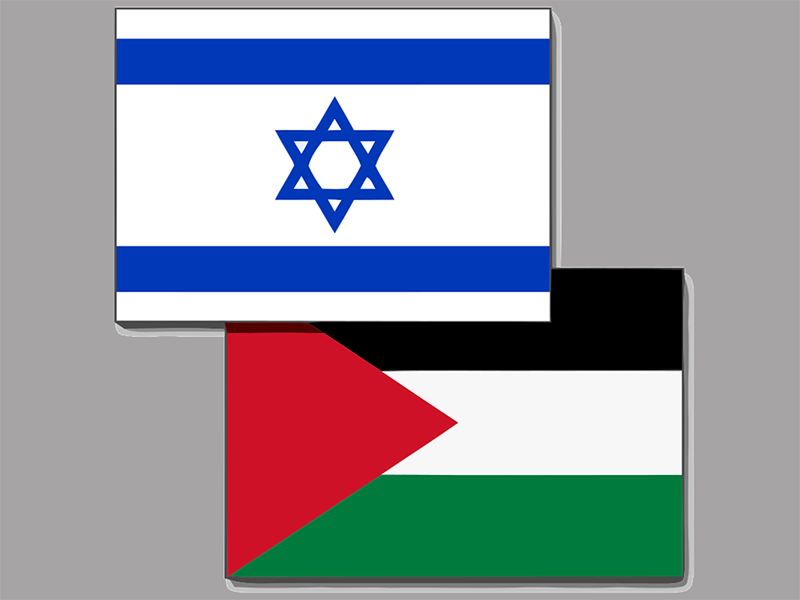You are here: Home » Ten Questions and Possible Answers about the Israel-Hamas War
 In November 2023, Beth El’s Combating Antisemitism Taskforce (CAST) began thinking about how to handle common questions and answers surrounding the Israel-Hamas war. We brainstormed these questions, and teams of two task force members each came up with informational responses that we researched. The responses are intended to support an informed discussion. We hope you find this helpful. Please contact Emmy Suhl with comments or suggestions for improvement.
In November 2023, Beth El’s Combating Antisemitism Taskforce (CAST) began thinking about how to handle common questions and answers surrounding the Israel-Hamas war. We brainstormed these questions, and teams of two task force members each came up with informational responses that we researched. The responses are intended to support an informed discussion. We hope you find this helpful. Please contact Emmy Suhl with comments or suggestions for improvement.
How the talking points in the responses are used will depend on the nature of the conversation in which these topics arise — whether it’s exchanging ideas and information, or more confrontational. In the latter case, we suggest that a Socratic questioning approach is more likely to challenge a combative participant’s positions or beliefs, and may bring them to accept an alternate reality. Types of Socratic questions include:
We have included some “Socratic” questions that might be used. May peace come soon!
Click on the arrow to the left of each question to show and hide the suggested answer or see entire document as a PDF.
We want to respond to the intentions of the speaker, not from our own personal position on the power of prayer. Recognize the value of prayer to the speaker, who is offering something that (s)he considers to be a powerful intervention. The comment can create a relationship between the speaker and the receiver; the connection itself is a valuable gift. It may offer an opportunity for concrete action, even if it is simply starting a conversation.
Possible responses:
Socratic question to open dialogue: “Are you saying that persecution and occupation are synonymous?”
Both politics and terrorism have the power to polarize a society; both empower political extremes. Politics might, but need not, promote violence; terrorism does, by definition.
You can:
Socratic question to open dialogue: “Wasn’t Jesus a Jew?”
Socratic question to open dialogue: “I’m a Jewish-American. What do you call yourself?”
Socratic question to open dialogue: “Do you have a security guard at your place of worship?”
Socratic question to open dialogue: “Why was Gaza in such bad shape before Israel responded to the 10/7 massacre?”
105 Hudson Road, Sudbury, MA 01776
(978) 443-9622|Email Us
Sign up to receive our weekly newsletter,
Mah Chadash, in your inbox.
